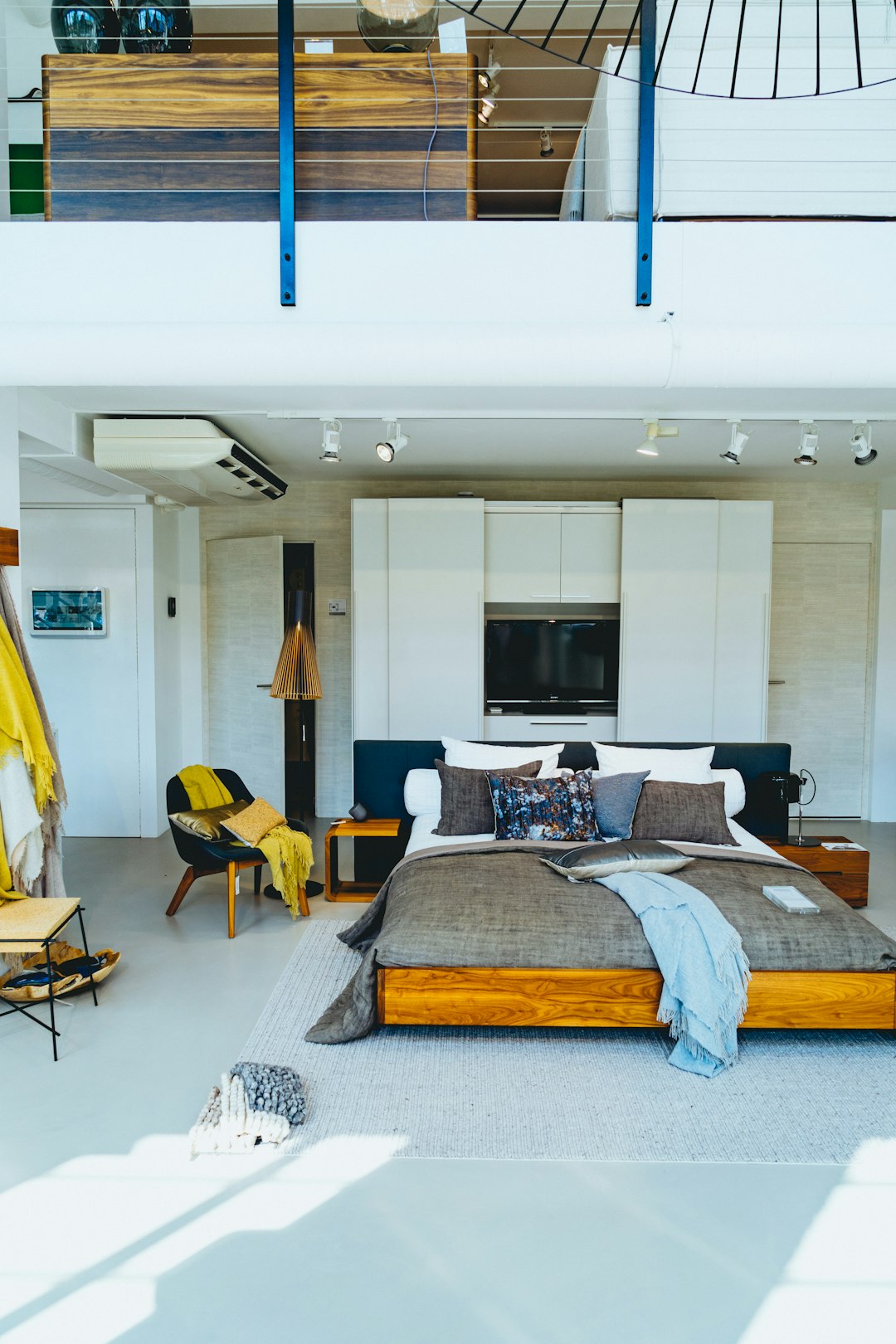Painter and Decorator Kaipeita/Kaiwhakapaipai Whare
Painters and decorators apply decorative and protective finishes to interior and exterior walls, doors, windows and other surfaces of buildings.
Painters and decorators may do some or all of the following:
- work with customers on colour selection and finishes
- calculate materials required for a job
- erect scaffolding under five metres high (scaffolding over this height must be put up by a registered scaffolder)
- fill holes, cracks and joins, and clean surfaces of dust and dirt
- mix and match paint colours
- cut and hang wallpaper, vinyl and backing paper
- apply paint and decorative paint finishes such as glazing, graining, marbling and lettering.
Physical Requirements
Painters and decorators need to:
- have good eyesight (with or without corrective lenses) and normal colour vision
- be reasonably fit and have a strong back and knees, as their work involves a lot of bending, standing and lifting
- be comfortable working at heights
- have good hand-eye co-ordination.
Useful Experience
Useful experience for painters and decorators includes:
- interior decorating
- work as a sales assistant in a paint and wallpaper shop
- work as a painter's assistant
- any other work where you can demonstrate creativity.
Personal Qualities
Painters and decorators need to be:
- detail-focused, with an eye for colour
- practical, quick and accurate
- neat and tidy in their work
- organised
- responsible
- good at relating to people
- able to work as part of a team.
Skills
Painters and decorators need to have:
- a good understanding of colour
- knowledge of paints and wall coverings
- skill in painting and decorating techniques
- knowledge of health and safety precautions.
Painters and decorators who are self-employed also need business skills.
Conditions
Painters and decorators:
- usually work regular business hours, but may be required to work longer hours or weekends. Commercial painters and decorators may work at night
- work on homes and commercial buildings that are being built or renovated
- may work in cold or dusty conditions, inside and outside and at heights.
Subject Recommendations
There are no specific secondary education requirements to become a painter and decorator. However, construction and mechanical technologies, maths, design and visual communication, and painting are useful.
Year 11 and 12 learners can find out more about the construction industry and gain relevant skills by doing a National Certificate in Building, Construction and Allied Trades (Levels 1 and 2) through the BConstructive programme.
For Year 11 to 13 learners, trades academies and the STAR and Gateway programmes are good ways to gain relevant experience and skills.
These programmes may help you gain an apprenticeship, but do not reduce the amount of time it takes to complete it.
Related Courses
Painter and Decorators can earn around $53K-$76K per year.
Pay for painters and decorators varies depending on skills, experience and their employer.
- Apprentice painters and decorators may start on the training minimum wage or adult minimum wage, with their pay increasing as they gain experience and unit standards.
- Painters and decorators can earn between $53,000 and $76,000 a year.
Painters and decorators running their own business may earn more, but their income will depend on the success of their business.
Sources: Seek, 2023; and Trade Me Jobs, 2023.
Painters and decorators may progress to set up their own businesses, or move into supervisor or management roles.
Painters and decorators may specialise in:
- commercial or residential work
- interior or exterior painting
- wallpapering
- decorative or maintenance work.
Years Of Training
3 years of training usually required.There are no specific requirements to become a painter and decorator.
However, you usually need to complete an apprenticeship and gain a National Certificate in Painting and Decorating (Level 4). The Building and Construction Industry Training Organisation (BCITO) oversees painting and decorating apprenticeships.

 Kaipara College
Kaipara College